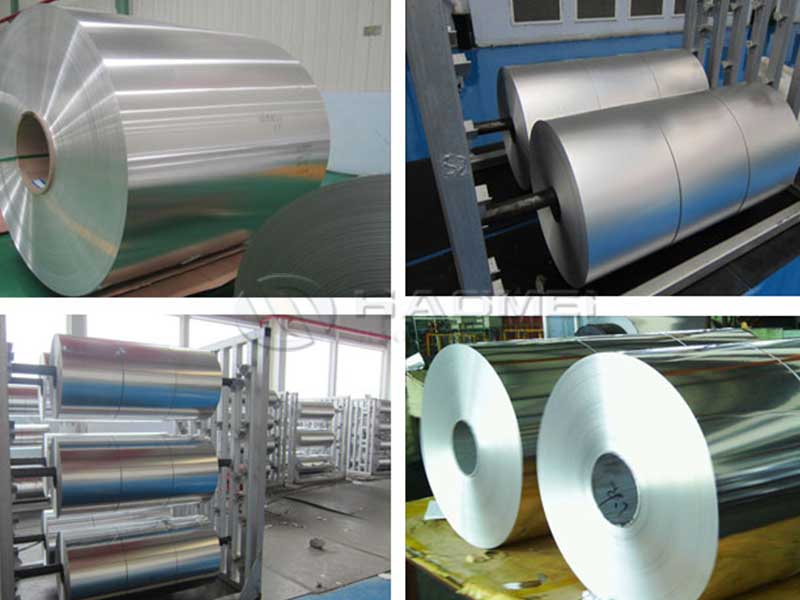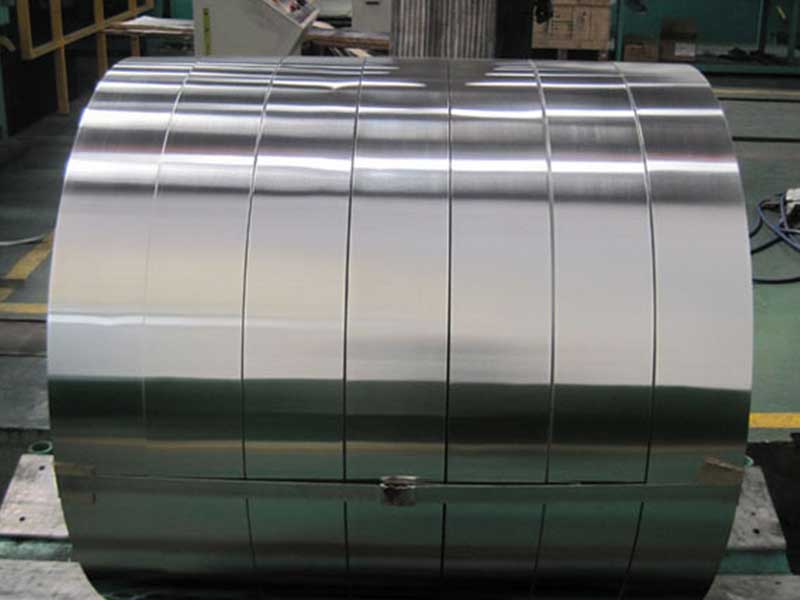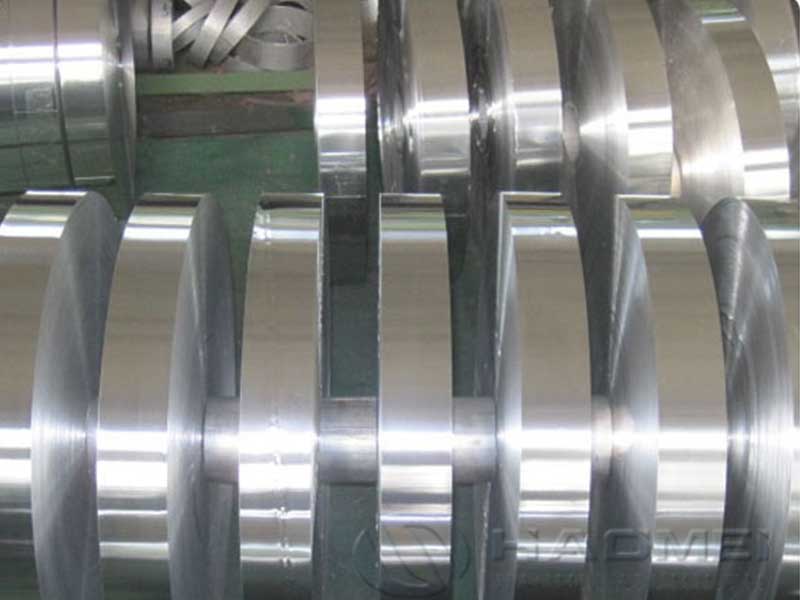Aluminum foil is a ubiquitous product across various industries, from food packaging to electronics, and one of the premier options available is 1050 aluminum foil. This article will delve into the unique properties, applications, and advantages of 1050 aluminum foil, ensuring you have a comprehensive understanding of why it's the preferred choice for many applications.
What is 1050 Aluminum Foil?
1050 aluminum foil is derived from the 1000 series of aluminum alloys, known for its high aluminum content, which is at least 99.5%. The 1050 designations indicate that it is pure aluminum, resulting in exceptional ductility and workability, making this alloy ideal for a variety of applications.
Features of 1050 Aluminum Foil
-
High Thermal Conductivity: One of the outstanding characteristics of 1050 aluminum foil is its excellent thermal conductivity. This feature makes it particularly valuable in applications that require efficient heat transfer, such as insulation for vehicles and buildings.
-
Corrosion Resistance: Due to its high purity, 1050 aluminum foil exhibits remarkable resistance to corrosion, safeguarding it even in harsh environments. This durability is essential for products used in food packaging, ensuring contents remain uncontaminated.
-
Lightweight: With a significantly low density, 1050 aluminum foil is lightweight without sacrificing strength. This property is advantageous for industries where weight is a critical factor, including aerospace and automotive applications.
-
Formability and Ductility: 1050 aluminum foil is easily formed into various shapes and sizes, allowing manufacturers to produce tailored solutions without hassle. Its ductility ensures that it can be bent or stretched without breaking, making it easy to work with for specialized purposes.
Applications of 1050 Aluminum Foil
The versatility of 1050 aluminum foil is evident in its numerous applications across various sectors:
1. Food Packaging
Due to its non-toxic nature and excellent barrier properties, 1050 aluminum foil is widely used in food packaging, especially in the production of trays, containers, and wrappers. Its ability to preserve the freshness and quality of food items has made it an industry favorite.
2. Insulation
1050 aluminum foil plays a crucial role in thermal insulation. It is used in double-sided insulation solutions for buildings and vehicles, where radiant heat reflective properties are essential to enhance energy efficiency.
3. Electronics
In the electronics industry, 1050 aluminum foil is used for capacitors and in shielding applications. Its combination of lightweight design and conductive properties makes it ideal for producing lightweight components without compromising performance.
4. Solar Applications
Solar panel manufacturers are increasingly using 1050 aluminum foil as a reflective component. It aids in maximizing light capturing for photovoltaic cells, contributing to improved energy efficiency in solar technologies.
Why Choose 1050 Aluminum Foil?
Investing in 1050 aluminum foil means prioritizing quality, reliability, and performance. Its high purity allows for broader applications and performance in scenarios requiring excellent conductivity and resilience. For manufacturers and engineers looking for a reliable, versatile material, 1050 aluminum foil proves to be an outstanding choice.








